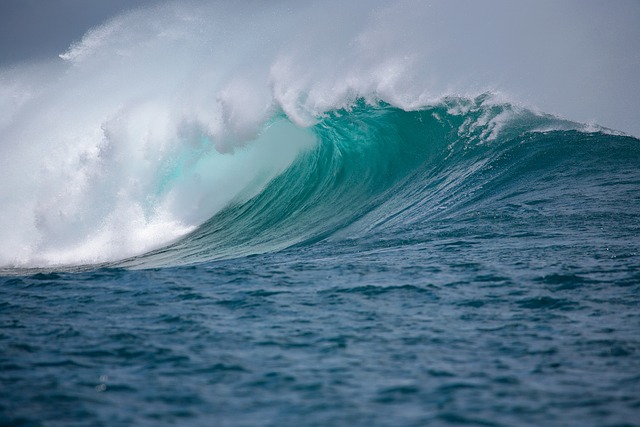Understanding Ocean Acidification and Its Implications
The ocean, often regarded as the heart of our planet, plays a crucial role in sustaining life and regulating our climate. However, this essential body of water is facing a relentless threat from ocean acidification, a phenomenon that is directly linked to climate change and rising carbon dioxide emissions. As stewards of the Earth, it is our responsibility to comprehend the far-reaching implications of these changes for both our environment and our future.
The Science Behind Ocean Acidification
Ocean acidification occurs when the ocean absorbs excess carbon dioxide (CO2) from the atmosphere. This process results in the formation of carbonic acid, which subsequently lowers the pH of seawater. The increased acidity has dire consequences for marine life, particularly organisms that rely on calcium carbonate to build their shells and skeletons, such as corals, mollusks, and certain plankton species. This disruption not only threatens these species but also the entire marine food web, which countless other species depend on for survival.
The Ripple Effect on Biodiversity
Marine ecosystems are intricate networks that depend on a balance of species for health and stability. Ocean acidification threatens this delicate equilibrium. Coral reefs, often called the rainforests of the sea,” are particularly vulnerable. As they struggle to build their structures in increasingly acidic waters, entire ecosystems are put at risk. The loss of coral reefs translates to diminished biodiversity, affecting everything from fish populations to seabird nesting ground. As these ecosystems falter, so too do the livelihoods of communities that rely on them for food, tourism, and cultural heritage.
Climate Change: The Greater Context
Ocean acidification is not an isolated issue but rather a symptom of the larger crisis of climate change. The increase in greenhouse gas emissions drives global temperatures higher, resulting in melting ice caps, rising sea levels, and disturbed weather patterns. These changes further exacerbate the chemical processes in our oceans. Warmer oceans also become less efficient at absorbing CO2, creating a vicious cycle that accelerates both climate change and ocean acidification.
The Call to Action
Understanding the profound effects of ocean acidification on ecosystems and climate change compels us to act. Combating emissions and supporting sustainable practices are crucial steps we can take to protect our oceans. You can start by advocating for policies that limit greenhouse gas emissions, participating in local beach clean-ups, or supporting organizations focused on marine conservation. Additionally, educating ourselves and others about the importance of the ocean can foster a sense of stewardship that transcends generations.
The time to address the challenges posed by ocean acidification and climate change is now. Our oceans, and by extension, our environment, depend on our collective response to this urgent crisis. Embrace the opportunity to make a difference—for the sake of our planet and all its inhabitants.



